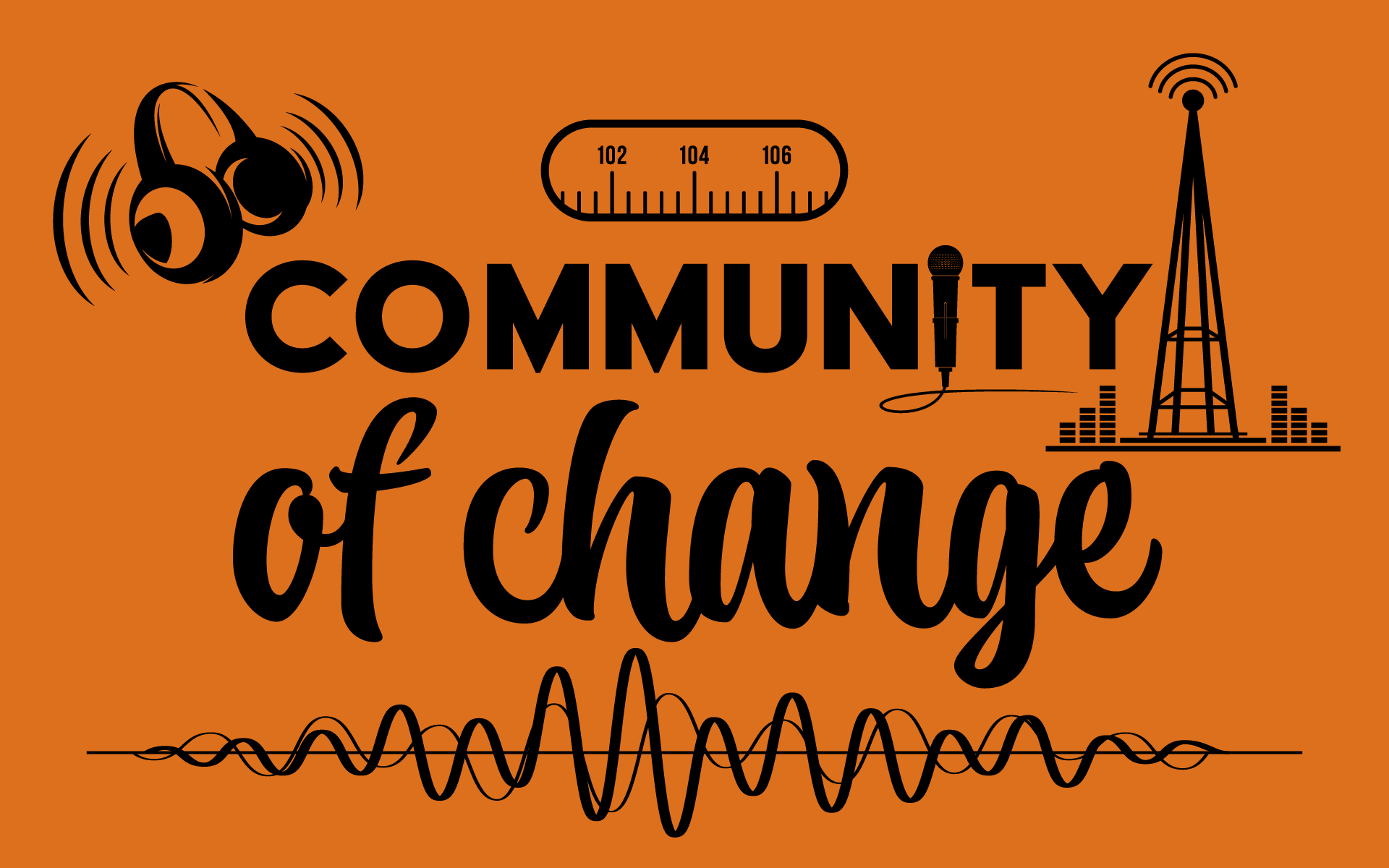In my late teens and into my 20s, I watched a village taking shape across the street from where I grew up.
Our home was in President Park, Midrand, halfway between Johannesburg and Pretoria.
Back then, President Park consisted largely of agricultural holdings, occupied by residents who engaged in small-scale farming and small business ventures.
Boshoff Road was the last road in President Park to be tarred. As the years went by, we formed relationships with neighbours in the new township of Ebony Park.
Some of these relationships were tumultuous. One in particular involved the neighbour directly opposite our home.
The dispute between him and my father, fondly known as Gatsheni — a clan name given to those with the surname Ndlovu — concerned the levels of dust stirred up by rising traffic.
With more and more taxis and other vehicles using Boshoff Road as a shortcut from town to Ebony Park, we were right in the path of the problem.
Given the proximity of the new houses to our road, some residents took to creating big, rough humps to slow down the vehicles.
But the dust clouds continued. They were a hazard to health and an obstacle to happiness.
My father and other frustrated residents attended meetings with local councillors. The pleas for a solution fell on deaf ears.
Now and again, just before elections, there would be attempts to tar the road.
The work would kick off, and somehow, before the tar could even hit the road, the money budgeted for the repairs would disappear.
Gatsheni proposed that residents alert the media, to amplify their voices and put pressure on the councillors.
At the time, I had moved out of home and was working as a broadcast journalist.
I brought the story to the attention of my colleagues at the regional radio station.
When residents heard the story being discussed on the breakfast show, they called in and gave voice to their cause. So many called in that it was hard for the politicians to ignore their plight.
Following the broadcast, in the run-up to local government elections, official action was swift. Residents were consulted, with Gatsheni and his opposite neighbour forming an integral part of the alliance that called for the project to be completed.
Their united action paid off. Funds were allocated, the gravel road was graded, and pipes were fitted.
In the end, a tarred road with decent speed humps was constructed.
All enjoyed the road, and the local economy flourished. In our own backyard, Gatsheni managed a small-scale vegetable farm. His opposite neighbour became one of his most loyal customers.
In the next episode of this community action saga, with elections once again around the corner, Gatsheni and his fellow residents are putting pressure on councillors to remove an illegal dumping site in the township.
I have no doubt that they will win this fight too.

Leave a Reply